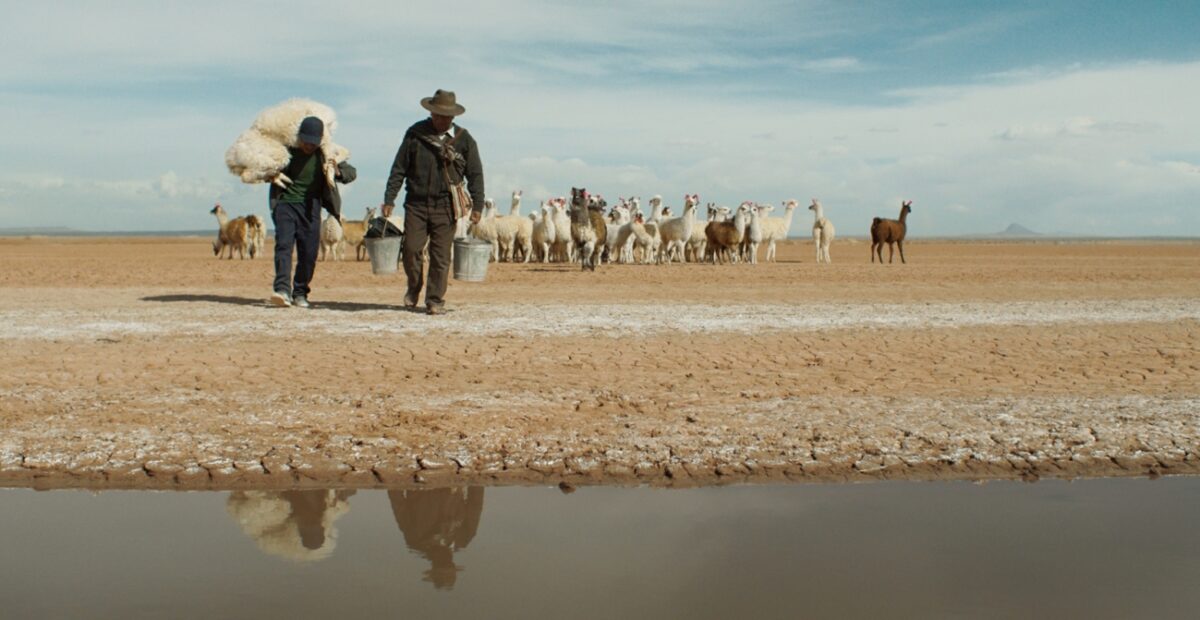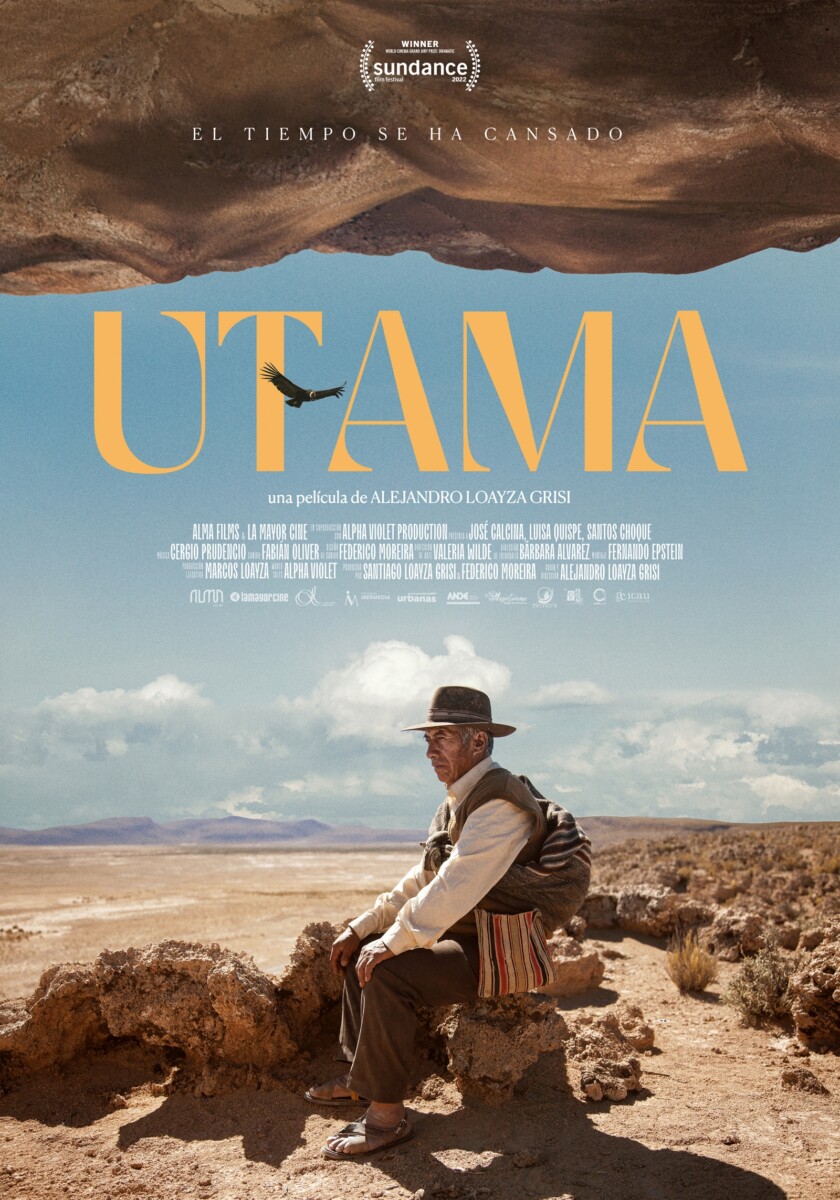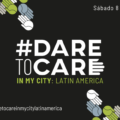
Watch
Virginio, Sisa and their “home”

It is a simple story, the one narrated in the movie “Utama – The forgotten lands”, and yet filled with significance: it is the story of Virginio and Sisa, two Quechua farmers of the Bolivian highlands, through whom we can reflect on the delicate themes like that of the climate change, of the socio – environmental crisis that follows and of the migratory phenomenon.
While watching the essential and beautiful Utama – The forgotten lands (the Bolivian film that won the Grand Jury Prize at the Sundance Film Festival and will represent its country at the upcoming Academy Awards) the words that come to our mind are those of Pope Francis on the «integral ecology»: those written in the Laudato Si’ in which it says that «there are no two crisis, one environmental and one social one, but is one complex socio – environmental crisis». These simple and fundamental words come to our mind, while watching the story – small, far but universal – of two old aged farmers of the Bolivian highlands: Virginio and Sisa, who lived in the simplicity of a harmonious toil cultivating their garden and breeding llamas, working hard and loving each other immensely. He brings her stones ever since, when he returns home in the evening: the most beautiful found in the pastures, as though they were flowers or jewels picked up in the nature. They are a silent sign of his love.
Even today, while they repeat their usual actions – work, eat, resting – they call each other in an affectionate way: Tato and Tata, and the women, at a certain point in the film, reminds the man that they have «always told each other everything», that they have «always been one». But now, after their son left (since long) for the city, that enormous plain, guarantee of a serene life and a sober fullness for years, has become arid and bare, and it has become difficult to feed the llamas as to even procure water: it doesn’t rain since long, on that land that is considered sacred by the entire community of Quechua of which Virginio and Sisa are part of.
The village pump no longer pulls up water and one must reach the river to take some, that in the meantime has become a small canal in the land cracked by the sun. «The rain is reaching», Virginio repeats to himself, to give himself the strength even though he is sick. «It won’t come – he hears someone replying – the time has changed». «This is a dead land». But Virginio perseveres, till he convinces other people to climb the mount and pray. He calls them «brothers and sisters» while he celebrates an old and ancestral ritual with them, in which a llama is sacrificed. It doesn’t help. Things don’t change and the community divides itself between the will to resist and the sad possibility to abandon that so loved space.
It would be a «defeat», Virginio insists, with a gasping breath and his cough continues. He tells this to his nephew Clever, arrived to convince him to leave everything and to go live (and cure himself) in the city. And here, thus, the social and environmental crisis coincide; here die, together with the nature, a culture accustomed to a deep relationship with its places, and inside the collective suffering the individuals gasp, all the ordinary people in which Virginio and Sisa, even though in their extreme conditions, make themselves in some way paradigm, metaphor, witnessing the interruption of virtuous cycle between the generosity of the environment and its cure, of that relation made of receiving and giving, to love and be loved.
This theme is worked on slowly, with few words – but the right ones – entrusting a good part of the communicative power to the wrinkled faces of the protagonists and to the grand landscape around them, “Utama – The forgotten lands” work of Alejandro Loayza – Grisi, who successfully participated in the different international festivals, out of which the Spanish and Latin American cinema. The narration moves on the dramatic relation between the environmental and social crisis, fueled by the global warming and fuels themselves of the migratory phenomenon. This theme enters the film with the divided discussions between the villagers, and that between Virginio and his nephew, Clever, with a fugitive sequence to it finale, in which the trucks loaded with people leave the suffering plain land. Virginio doesn’t get on. He remains. He doesn’t give up on the old communion with his stones, with his traditions and his work.
He voluntarily puts himself out of time, in a suffering and prideful solitude already announced in the first sequences of the film, when he walks alone in a burning plain land. «What do we do in the city?», he replies to his nephew. «Cure myself to what pact? Leaving my land?». In his austere home but full of sense (Utama in Quechua language means exactly “our home”), at the end of his interior torment, Virginio passes away. Sisa is beside him and she as well, decides not to go. She stays waiting for the rain, or maybe to simply disappear, in a time in which the past and future stopped communicating. It is her, orphan of her Tato, to take the llama to graze, towards a horizon of suffering but as well as of indomitable hope.
It is her, after Virginio, who makes us reflect on the tragic correspondence between an environmental crisis and crisis of man.







